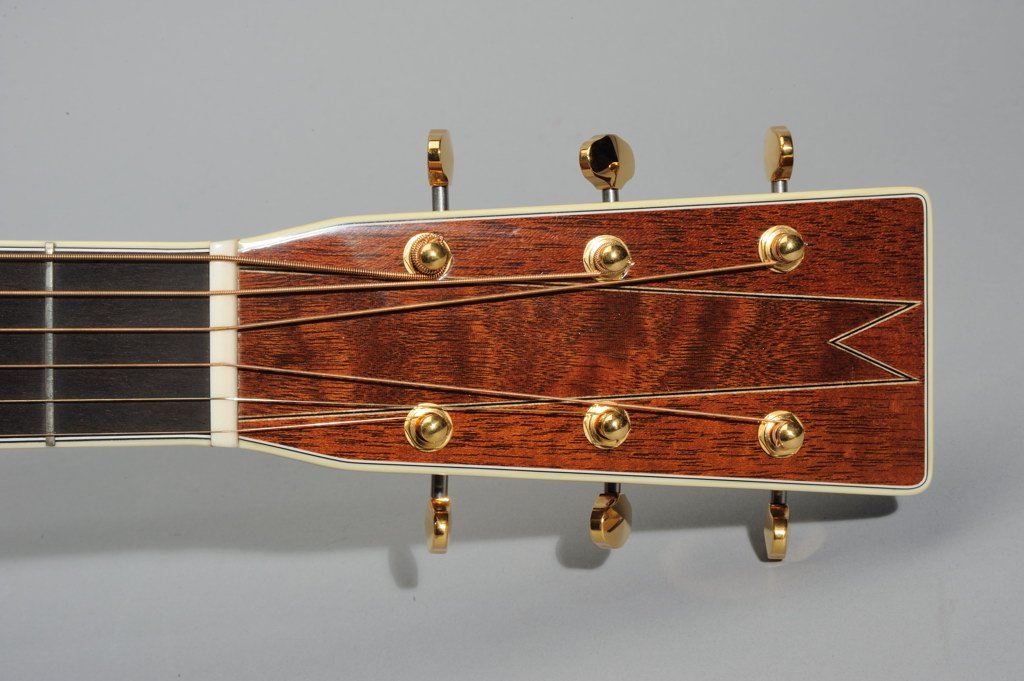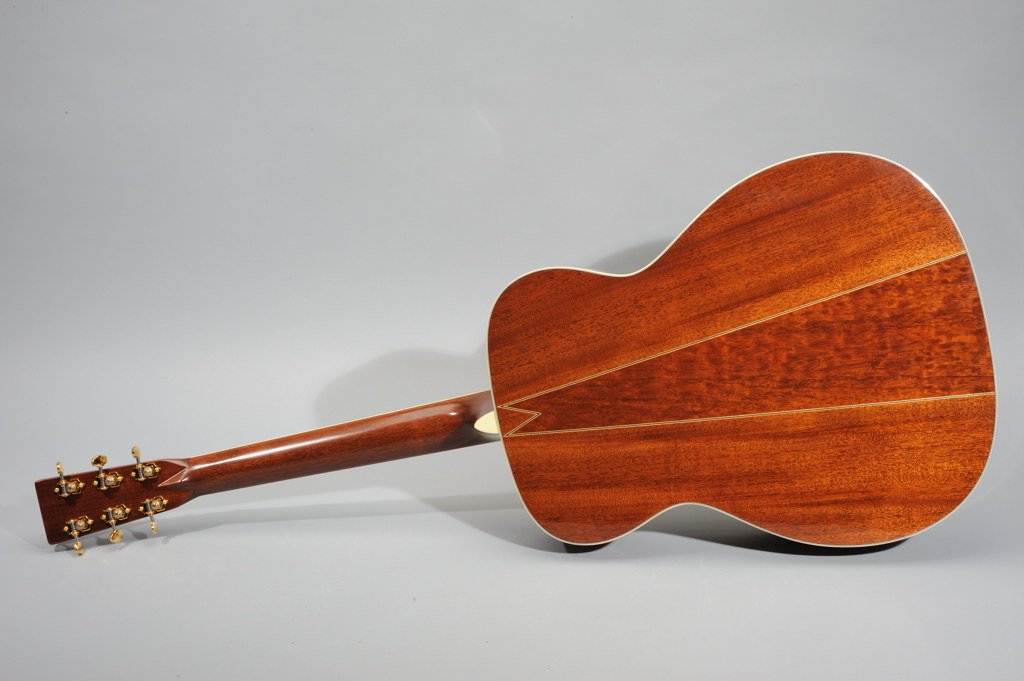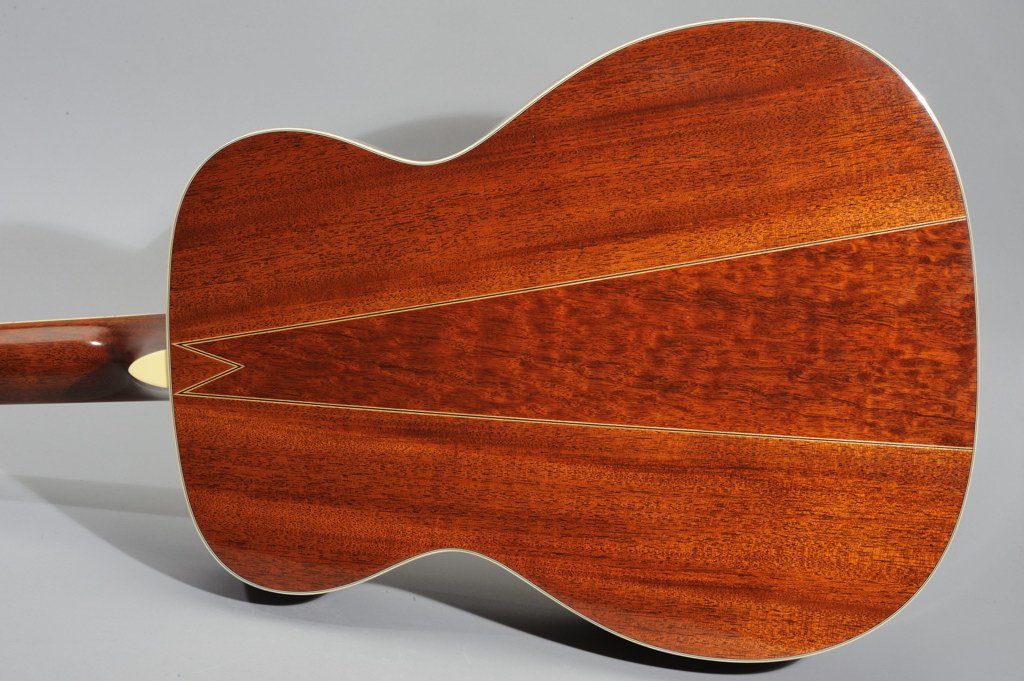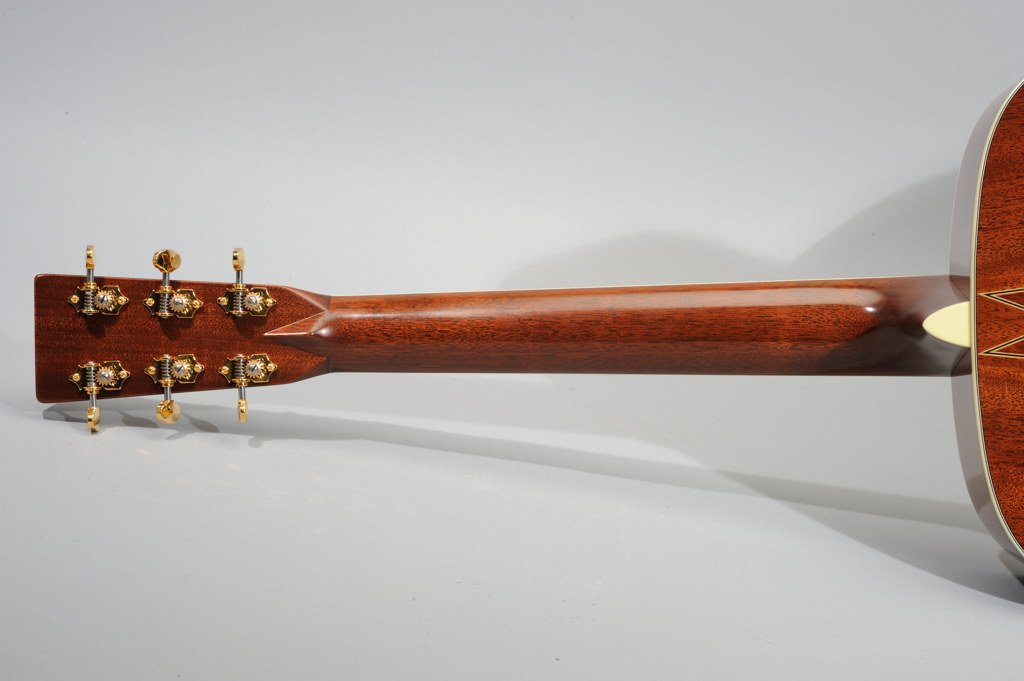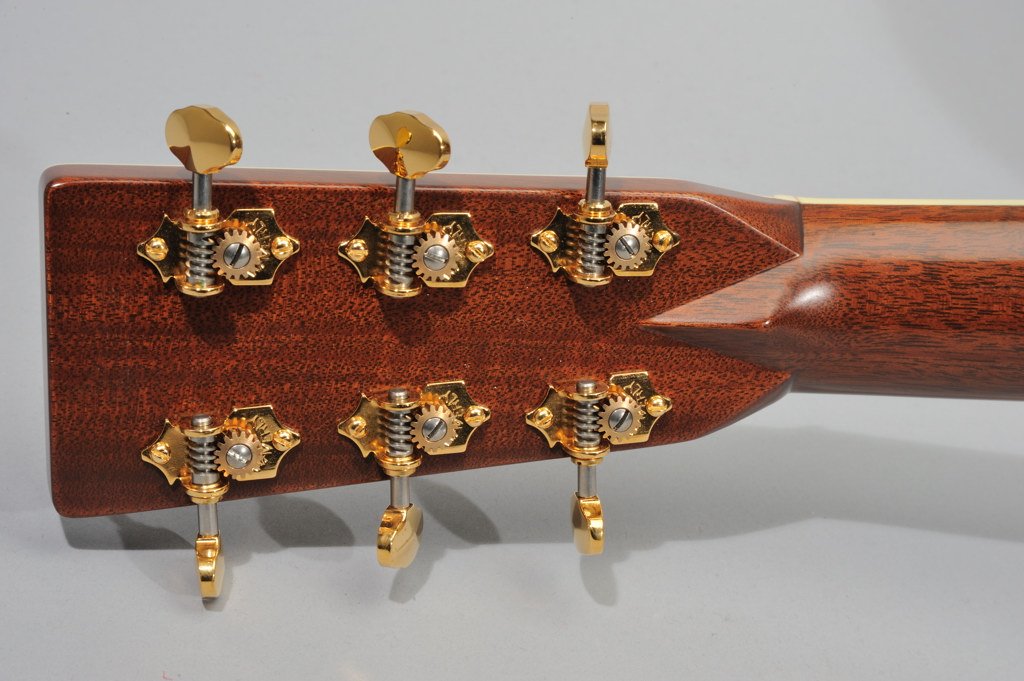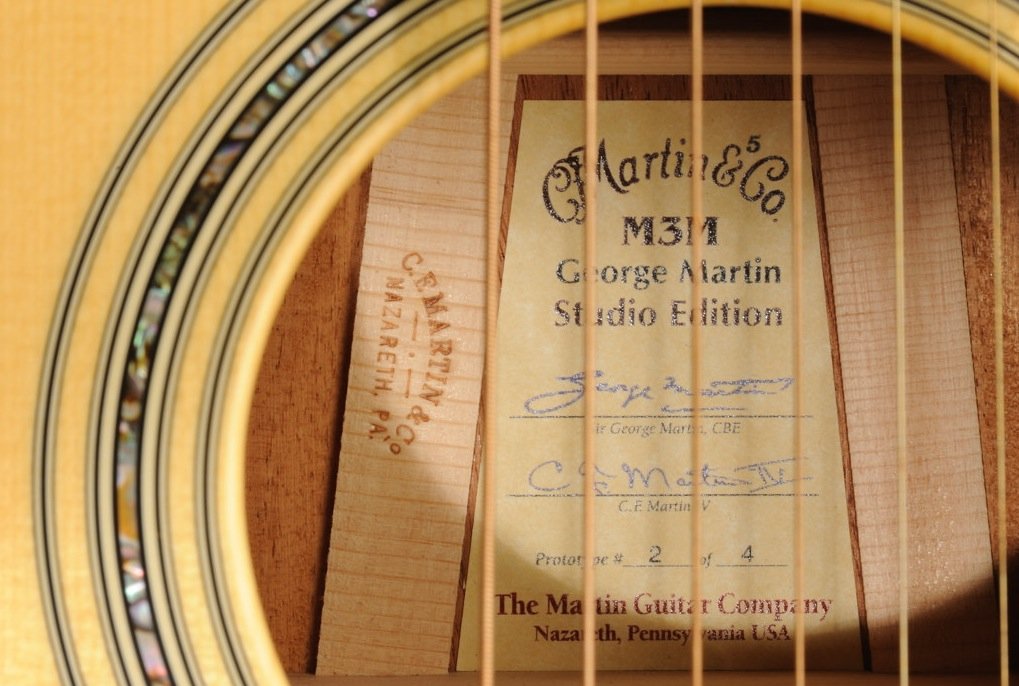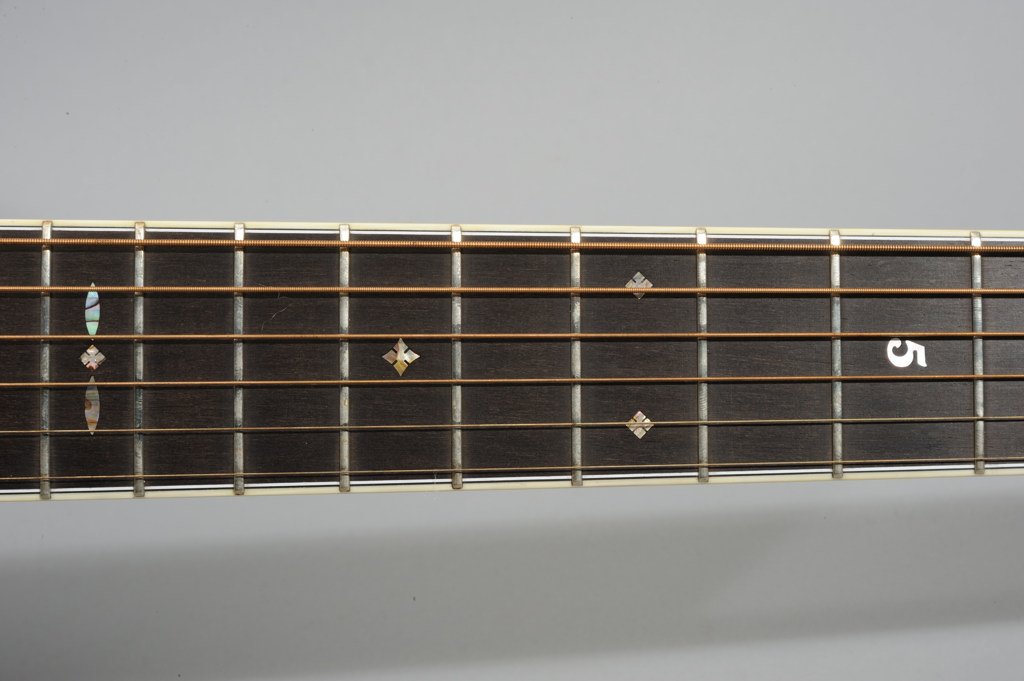Martin 2004 M3M George Martin Studio Edition Prototype #2 of 4
Martin 2004 M3M George Martin Studio Edition Prototype #2 of 4
Martin 2004. M3M George Martin Studio Edition in Natural Finish.
Prototype #2 of 4.
Spruce Top.
Mahogany Sides & Back.
Waverly Gold Tuners.
George Martin, the 5th Beatle.
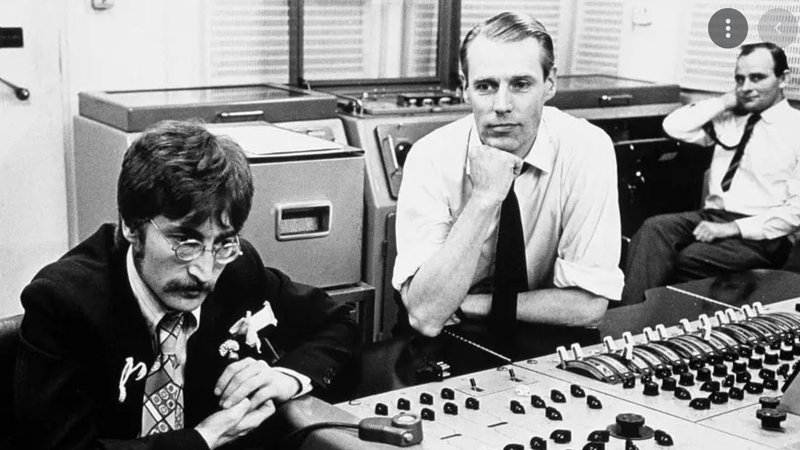
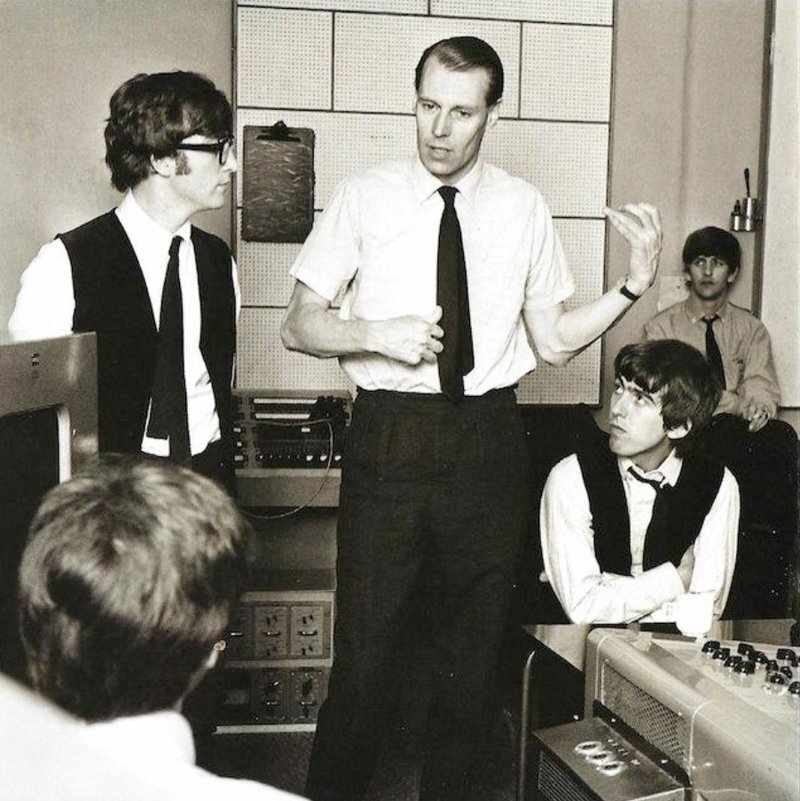
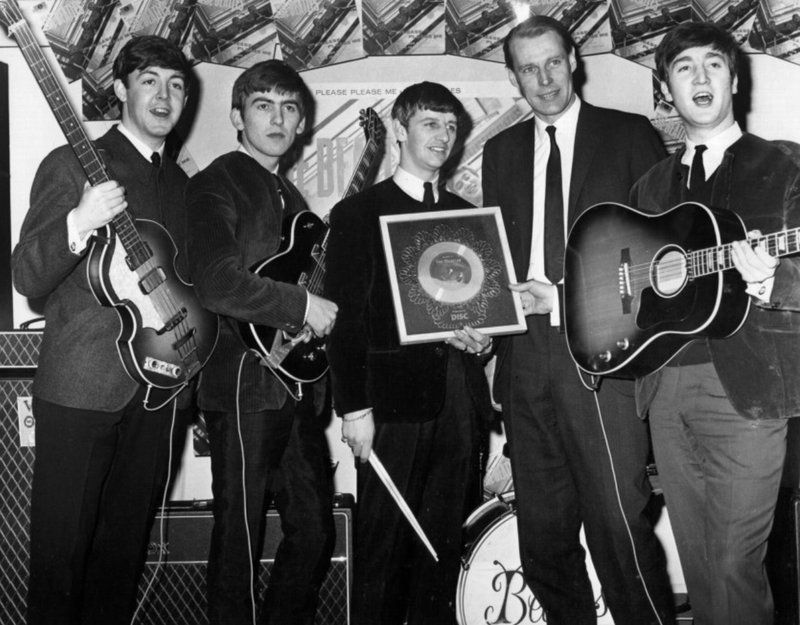
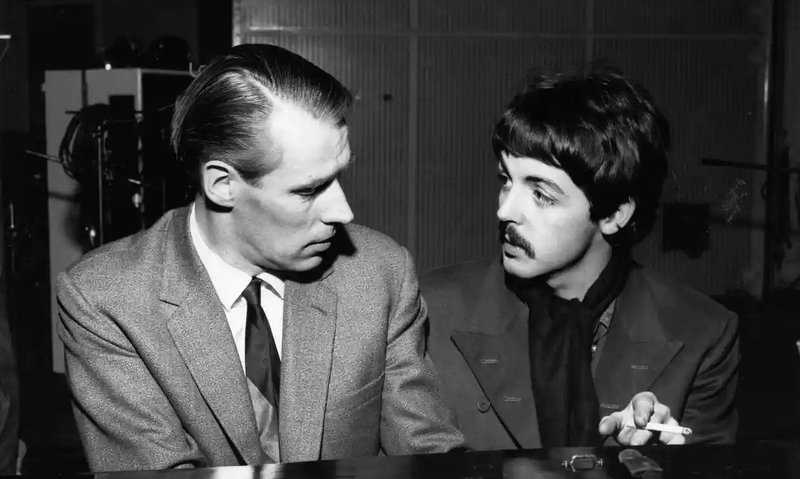
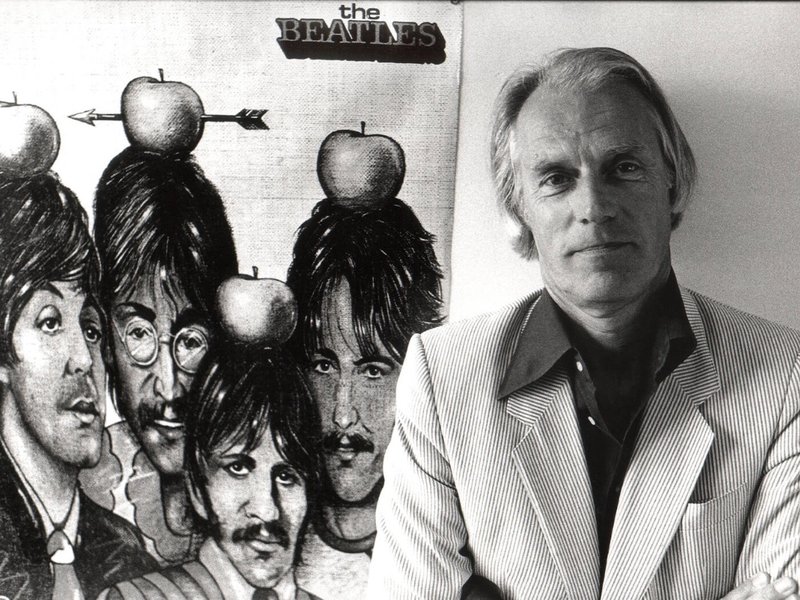
Extract from:
THE DOLPHIN
LeMoyne Student Newspaper
March 17th 2016
This past week, George Martin died at the age of 90. While the debate of who the Fifth Beatle was has been going on for at least four decades—manager Brian Epstein, executive/fixer Neil Aspinall, keyboardist Billy Preston, initial drummer Pete Best, initial bassist Stuart Sutcliffe, publicist Derek Taylor—it was their producer who was the most important.
George Martin was without a doubt a member of the Beatles. He was as essential to their sound as they were. He was able to add a depth that might have been lost without him. In the earlier days, it might have been the subtle, but critical piano on “Not A Second Time” or the flute coda on “You’ve Got To Hide Your Love Away.” It was when the band really left behind touring and were exclusively in the studio. Lennon’s “Tomorrow Never Knows” was the sound collage and loop experiment that showed the benefit of the studio. Martin showed the boys that it was more than a quick break between shows.
At first it was about the tricks the top technology could provide them, like the backward guitar on “I’m Only Sleeping” or the backward vocals on “Rain,” but soon Martin was their guru in achieving a rich sound and ambitious structure. Revolver, often cited as the greatest album ever, hinted at more than terrific studio gimmicks. The lovely French horn on “For No One,” the stunning brass section on “Got To Get You Into My Life,” and the chilling strings on “Eleanor Rigby.” Sergeant Pepper was the album that created this reputation for them. It took it even further.
Harpsichords, clarinets, mellotron, saxophones, and stinging guitar, these songs had it all. “Strawberry Fields Forever” (originally meant to be on the album) was a force to be reckoned with, with layers upon layers of instruments carefully built on Lennon’s dream-like acoustic ditty. “Penny Lane” (also a Pepper outtake) was the type of song McCartney was known for, but Martin arranged elegant trumpets and piccolos. It would take pages to name all the examples of Martin’s excellence.
However, the tension within the band, stemming from Brian Epstein’s death and only growing during the White Album sessions, the producer was increasingly trivialized. Of course, his work was still remarkable, but he was taken for granted. By the time the infamous Let it Be sessions began, Lennon had brought in a new producer, Phil Spector—about which Martin famously quipped the album should say, “Produced by George Martin; overproduced by Phil Spector.” That is fair, as Spector added arrangements that were too lush. Harrison briefly quit the group (as Starr had also done in the White Album sessions), and John and Paul could no longer stand each other. When their manager died, Paul took it upon himself to be the leader of what was initially Lennon’s band. Lennon was growing bored with the Beatles and more infatuated with Yoko Ono, who didn’t cause the band’s breakup, but was probably the last straw. Her presence in the studio was not appreciated. Harrison was growing as a songwriter and was still being treated like a sideman. The band was falling apart. So when Paul approached Martin about making another (and assumed to be last) album, Martin agreed only if it was like the old days. The band felt the same way.
When John and Paul were finally a team again, and Harrison was given the attention he deserved (with all-time classics “Something” and “Here Comes The Sun”), the result was Abbey Road, which might be Martin’s finest 40 minutes. Especially on the B-side medley, Martin’s ear for beauty was apparent. The guitars weren’t droned out by strings and the arrangements didn’t keep the guys from letting loose (Ringo got his first solo!). It was the perfect swansong (ignoring McCartney’s silly 28-second “Her Majesty” slapped on the end), even if it ended up being released before Let it Be.
This was the album Martin deserved for being the only one to take a chance on The Beatles when everybody else said guitar-bands were on their way out. Of course, John and Paul were publicly at each other’s throat again and the breakup was announced shortly after, but the album, even if not their best, was a testament to the greatest band of all-time and that is because of George Martin. Martin tragically lost his gift a few decades ago, when his hearing began to fail. He will always be remembered as one of the greatest producers of pop music. He earned his role as the Fifth Beatle, or maybe the Beatles earned their role as George Martin’s band.



